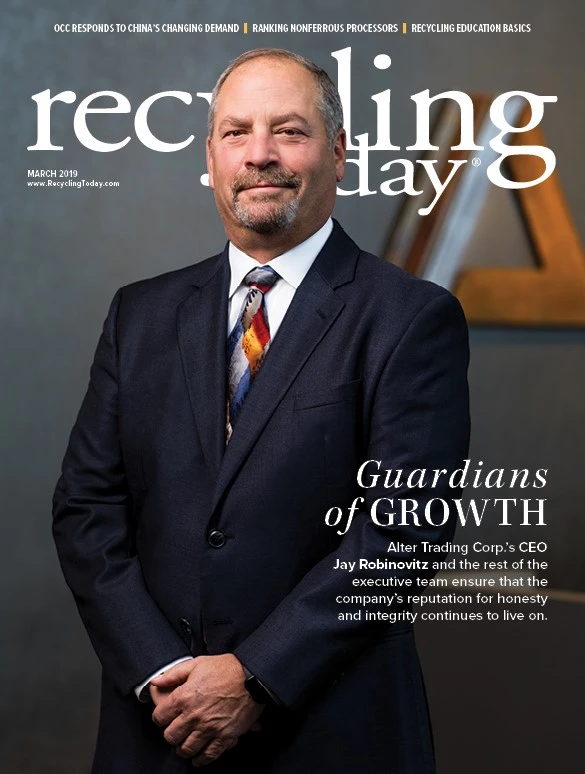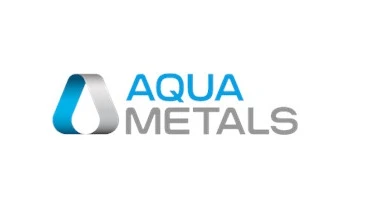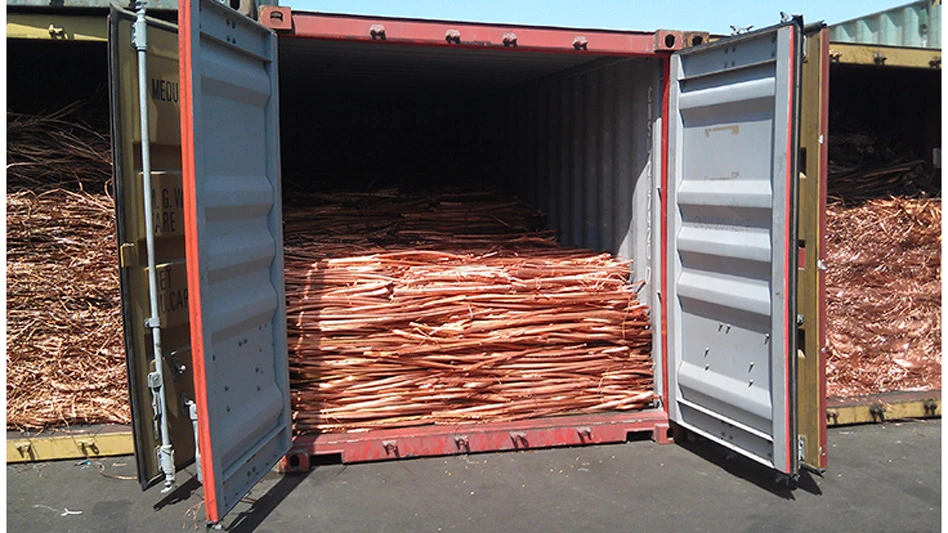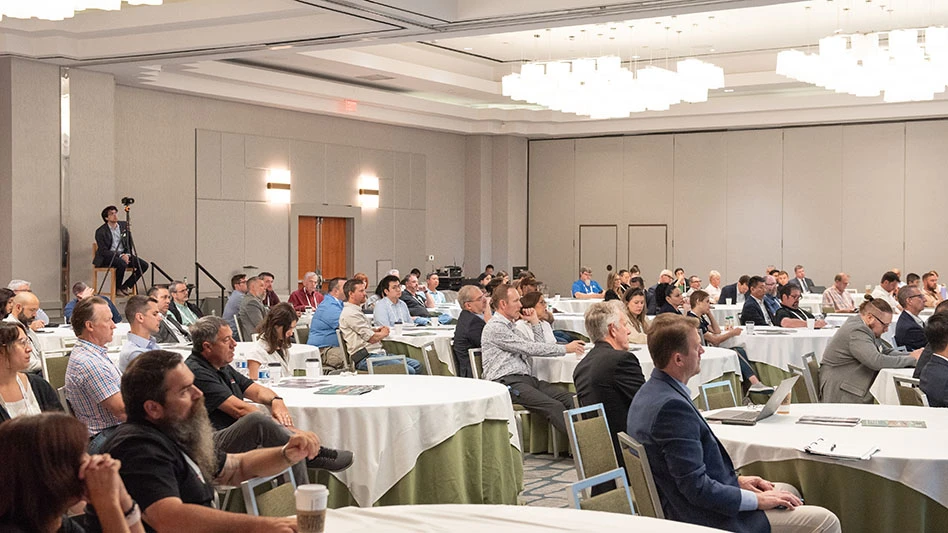


AMCS started its operations in Ireland in 2004. It grew from there into the United Kingdom, then into Sweden and Europe, and finally entering the North American market. As the company grew, it continued its aggressive investment in its technologies and people, but it also acquired companies that added strategic value.
Jimmy Martin started the software company after a successful career in the semiconductor business. AMCS began by serving the material
“We began in the MRF, paper
A major play in metals
In 2017 AMCS had the opportunity to purchase the metals recycling software business from Brady PLC. A big part of that business was the Systems Alternatives Inc. (SAI) platform from the United States.
“There was a great user base of this platform,” Martin says. “The business processes it helps to automate are deep and rich, so the business value was clear, but the technology stack that supported the tool was old. It needed major investment, so we began the task.”
Along the
“We’d stayed in touch over the years,” Martin says. “When in 2018 the opportunity to acquire RECY came about, we were very happy to do the deal.”
Now, he says the company has a team with hundreds of years of combined experience in the metals recycling business.
“They are combining that experience with new, fresh ideas every day,” Martin continues. “The combination of the process automation solutions from AMCS, SAI and RECY are now combined into the AMCS platform and deliver the richest, deepest set of solutions available to the scrap and commercial recycling sectors.”
Investing for the future
Technology is vital for a successful software company. It’s what ensures the product delivers day-in and day-out value for system users.
“We’re investing in our platform every day,” Martin says. “Fully 25 percent of the AMCS team is dedicated to R&D. We’re constantly looking at the business processes our customers use and need to automate to discover added ways to help them. I’m a process engineer at heart.
“The user interface is also vital,” he continues. “We’re always developing this. We’re using artificial intelligence combined with advanced learning to make adaptation by users easier. We’re always seeking ways to make it intuitive to simplify learning and training. It’s really about the ease of interaction for users.”
Adding value for system users
Through years of working closely with operators in the scrap and commercial recycling sector AMCS has learned there are key areas where its software platform can add real value.
“Our deep roots in the waste industry have helped us to build robust tools for fleet optimization,” Martin says. “Trucks are expensive, drivers are hard to find and expensive. Collection in the metals business is often ad-hoc. Evolving to a well-planned system can dramatically streamline transportation costs.”
Understanding inventory positions is another area where firms can gain a real advantage.
“Real-time transparency into what’s on the ground and what’s in your overall system can deliver real advantages on the sell side of recycling operations. It allows you to capitalize on market opportunities,” Martin says. “There is also an increasing advantage for operators that are digitally enabled. Streamlining the interaction between you and your customers and you and your consumers is huge. We’re doing that every day. It’s a strategic area of investment for us.
“Of course, we have a robust suite of very advanced trading tools that link back to each site in a company’s network and specific grades,” he continues. “For single yard operations or multi-yard operations, these tools enhance their capabilities.”
A service mindset
Integrating software into business operations is a challenging task, one that often requires

“We understand that when you shift to a new, different software solution it’s disruptive,” Martin says. “Yes, it’s modern and delivers new, robust tools for your business, but it’s really hard to change.”
Martin says this is the reason that about 300 of our 510 team members are dedicated to delivery, support
Understanding that the adoption of new technology platforms and business processes is hard was important for AMCS from the beginning. “We’re agents of change, and we’re good at it,” Martin says. “We’re gentle and understand how to assist our client’s team’s make the most of what’s available to them.
“Today we’re the largest supplier of recycling software in the world, and we were before we acquired RECY,” he adds. “A big part of the success we’ve had is helping our customers embrace the platform and realize all of the efficiencies and cost-savings it can deliver.”
A unique commitment to commercial and scrap recycling
Today’s commercial recycling business is getting ever more complex. Consuming markets have changed and the need for tighter specifications has returned. There is an opportunity to provide closed-loop recycling services and a need to drive cost out of the business.
“We see recyclers creating opportunity by working like materials engineers for their consumers,” says Martin. “There are also opportunities surrounding the surety of materials quality and supply. This is going to become increasingly important for material movement and recycling success.”
Martin says AMCS is investing in both the technologies and the people to assist its customers in meeting the requirements of today’s changing market. “It’s critical that our solutions work today,” he says. “It’s essential that they provide value long into the future.”

Explore the March 2019 Issue
Check out more from this issue and find your next story to read.
Latest from Recycling Today
- USTR announces phased measures designed to address China’s shipbuilding dominance
- APR, RecyClass release partnership progress report
- Clearpoint Recycling, Enviroo sign PET supply contract
- Invista expanding ISCC Plus certification program
- Redwood partnership targets recycling of medium-format batteries
- Enfinite forms Hazardous & Specialty Waste Management Council
- Combined DRS, EPR legislation introduced in Rhode Island
- Eureka Recycling starts up newly upgraded MRF





